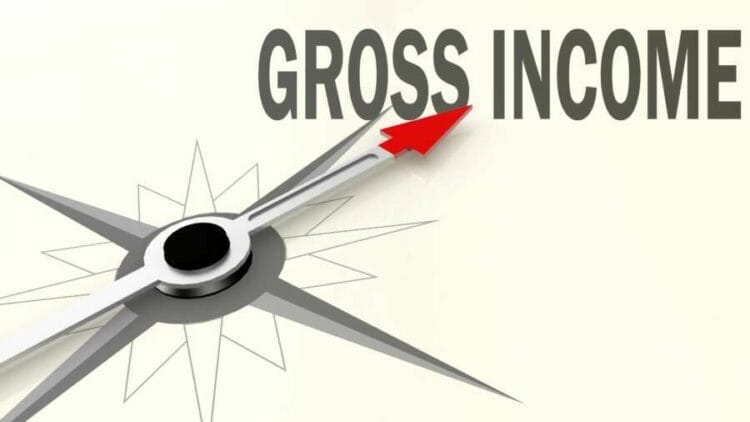
Gross Income is an average of all the person’s monthly incomes, before any deductions are taken from that total. Gross Income in business is often called gross profit. The other term is total income.
Gross profit is also commonly referred to as gross income. The other term is total income. The difference between the two is that gross income includes the amount of money you earned from your business or for that matter both your business and your personal income. In contrast, gross profit only includes your personal income. So be careful when you are getting started, because there is a big difference between the two.
Your gross income and total income are not the same thing. They should not be confused. They have different meanings and can have different implications when it comes to tax. So if one refers to the gross or total amount of money received by a person from his work, while the other refers to the net income, you should know which meaning is correct for you.
Most people who own a business or a sole proprietorship take in their earnings as their total income. They report all of their expenses, such as mortgage interest on homes, personal expenses, etc., as part of their gross income. This leaves them with a higher tax rate and reduced tax benefits.
If you work from home and earn money through your Internet marketing efforts, you are probably going to be paying more in taxes than if you took in your gross income directly from your business. You also may be able to take a deduction for expenses that relate to your Internet marketing activities.
As a business owner, you are allowed to claim a tax deduction on your personal tax return. You can also claim a deduction on your personal tax return if you work for an organization, such as an organization of trade, in the area of employment. As long as your work is done in the area of your business, it counts as work related. and you can take the deduction.
When you work for an organization, this counts as work related on your personal tax return as well. The same thing is true if you work in the area of your business for a certain period of time. It is important to keep in mind, however, that you can only take the deduction once every two years. If you are a self-employed or have a second job, you can take that deduction but not take it for every year you work in the area of your business.
When it comes to gross income tax, you should know that some items you get deductions for are only deductible when they are applied to your total gross income. Others are simply standard deductions, but there are several other types of standard deductions that you can claim as well.
Some examples of these standard deductions include: the cost of your home and medical expenses that relate to the home. When you apply all of these standard deductions, it will leave you with enough to pay all of your tax liability and still leave you with more disposable income.
One item you can claim on your personal tax return but not claim on your business tax return is child care expenses. If you are the parent of a small child, you may not get a deduction for childcare expenses you incur while working outside the home for your business. If you are a homemaker and you spend money away from home to care for your sick child, you may not be able to claim the costs as part of your personal expenses.
You may be able to take advantage of the provisions of a tax relief program to lower your tax liability on your income tax return, but that does not mean that you should ignore filing the income tax returns completely. Filing the returns at all can help to save you money and avoid paying excessive taxes. Even if you are able to take advantage of a tax relief program, you should make sure that you fully file your tax returns because you may be subject to higher tax liability because of the increased tax bracket that you are in.
A tax relief program that you can use to reduce your tax liability on your income tax returns can include the use of a refund offset. If you can prove that you have a hardship and can show that you would not otherwise be able to pay your income tax liability without the help of a tax relief program, you can receive a reduction in the amount that you owe for the income tax that you owe. If you file your personal tax return and find that you do not need the help of a tax relief program, you may not need to take advantage of a tax relief program.


